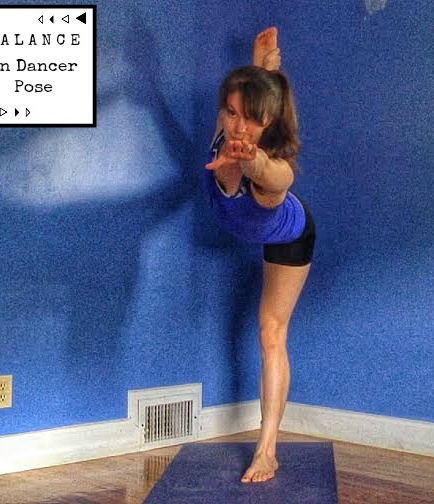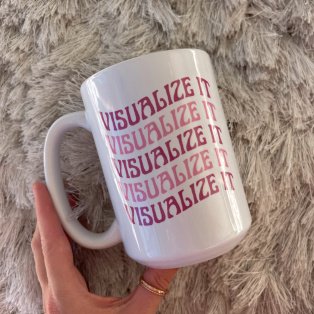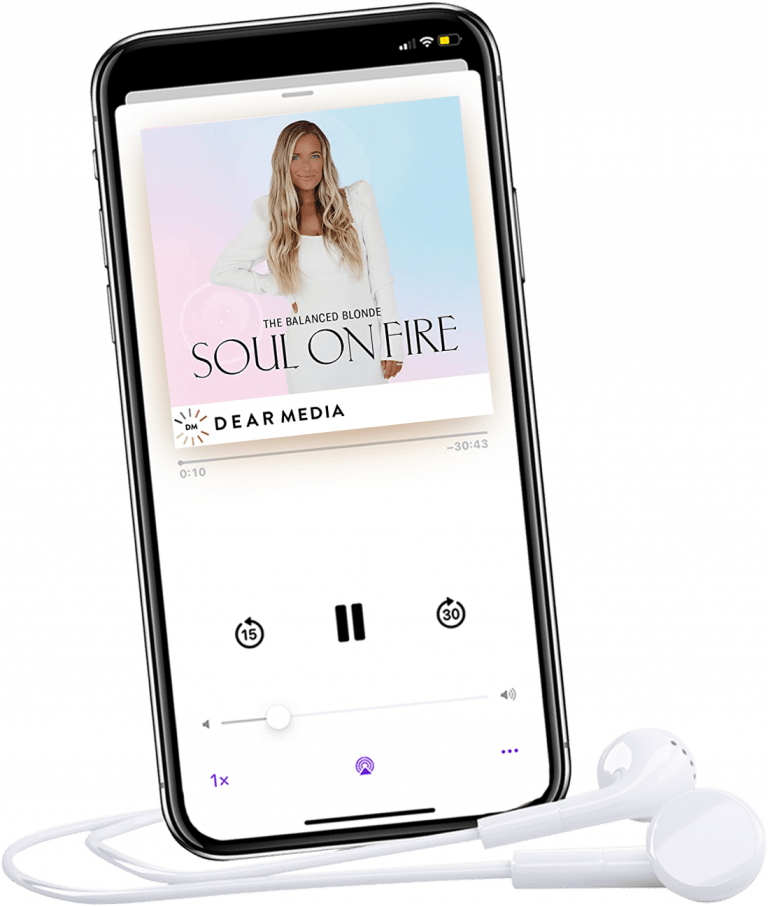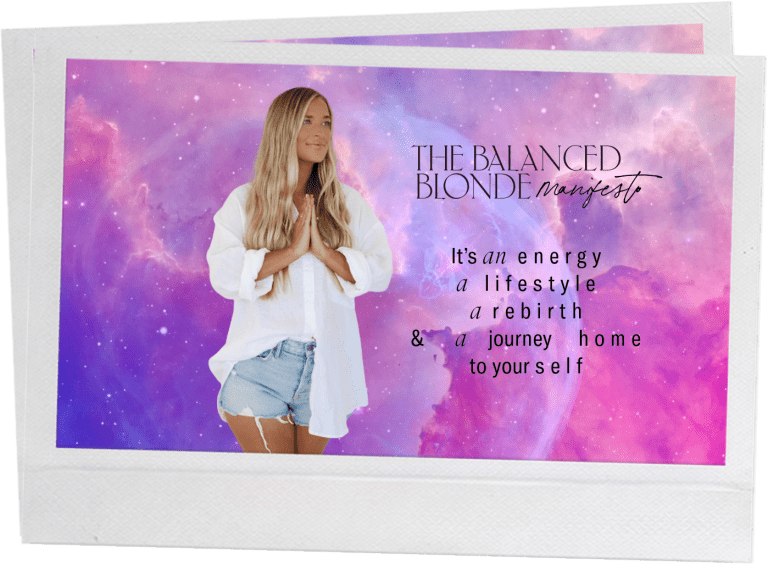
Hello, hello babes! It’s been a * R E A L * exciting week over here on TBB. I launched my new site yesterday (thoughts?!?!), and today I am starting my Recovery Series that will run on the bloggy every Friday from now forward.
Recovery Series #1 // ▶ ▷ ▸ ▹ ►
The inspiration behind the Recovery Series comes from all of *you*– the tremendous amount of support I have gotten throughout my recovery process & the willingness all of my readers, friends & fellow bloggers to open up about their own stories has been touching, eye opening & extremely helpful.
The Recovery Series is a space for all of us to connect, learn and grow. Recovery certainly isn’t easy, but it helps a lot to know that we are not alone. The series won’t stick *only* to eating disorders (don’t worry, my super on-track “I am sooo far from having an ED” readers), but eating disorders will be a common theme since the stress of • f o o d • & learning to find balance is relevant to all of us.
Other themes = depression, anxiety, food-induced stress or extremes of any kind, the list goes on. We are not alone, & we ALL have the power to find balance and fall in love with ourselves.
The beautiful Kim of Busy Bod (and @busybodyogi on IG!) holds a very special place in my heart. When I started connecting with other health bloggers back in late winter/early spring, Kim’s was one of the first blogs that totally drew me in. Her honesty, her down to earth mentality and her penchant for BALANCE really struck me. Also, it didn’t hurt that Kim and I became quick friends.
When I came forward about my eating disorder in June, Kim was one of the first to reach out. She told me that she had been reading between the lines for quite some time, and that she was letting me come to the realization that I needed help on my own. Her words meant the world to me, especially because I was surrounded by many people in my personal life who cared deeply but didn’t quite understand. It’s hard to have a true and deep understanding of an eating disorder unless you’ve been there.
That’s why I am thrilled and honored that Kim’s recovery story will be the first in the Recovery Series. I am thrilled & honored to kick this series off with a Q&A with Kim herself!
Kim Cortes // Busy Bod // Q&A ▶ ▷ ▸ ▹ ►
Q: Name, age, current location.
A: Kim, 29, recently relocated to Boston for the foreseeable future. ☺
Q: How old were you when you started developing your eating disorder? Was there something going on in your life that triggered it for you?
A: I think I’m like many women in that my disordered approach to food and eating developed as I did during puberty. All of a sudden in seventh grade I became obsessed with my weight, my shape, and my eating. It consumed my thoughts, and every bite I took left me feeling guilty and miserable. I don’t think that there was a specific trigger at the time, other than possibly going from being a very small and lanky girl’s body to a woman’s body. It was also a very stressful time for me in my family life. This is relevant because since then, the severity of my disordered eating has risen and fallen in connection with times of high stress. I’ve learned that as much as my disorder is about weight and insecurity, it’s even more about control. The more out of control something in my life feels (be it relationships, school, career, family, etc), the stronger the ED voices start shouting.
Q: How long did you suffer from your ED before you realized it was time to get help?
A: This is a hard question for me, because the truth is that I never did. If you read a lot of ED recovery material you’ll see that it is extremely difficult to recover without professional help (and if you are suffering, don’t try it, get help). I was never officially diagnosed with an eating disorder because I never sought help. I denied that I had a problem because I wasn’t “sick enough” in my own (unqualified) opinion. I think partly because of that, my recovery has been very slow and very bumpy. It’s been about 6 years since I was at my sickest – eating next to nothing, underweight, collapsing at my waitressing job because of it, etc. – and while the good days far far far outnumber the bad, I still have bad days. Sometimes I think working with a professional would more fully help me recover, and it’s something I would really like to do.
I was a part of the recovery community. Even though there were years, especially right after college, when I was clearly very sick, without a diagnosis, I didn’t feel like I belonged. When I started blogging and discovered some ED recovery blogs, I never felt like I belonged. When I finally opened up completely about my historywith disordered eating, the reception from others in recovery was incredible, and it helped me see my disorder as just that, a disorder, although I still hedge by referring to it as disordered eating instead of an eating disorder. If you’ve ever felt like you don’t belong in the recovery community, I encourage you to check out the comments on that post.
To get back to the question, I got “better” (as in improved, not recovered) as my life got better. I was happier, I felt more in control, and I was able to let go of ED tendencies a little, at least the ones that put me at greatest risk. Thoughts and fears of food still consumed an extraordinary part of my day, but I was eating and exercising somewhat normally. I used to always talk about the times in my early 20s as “when I was skinny.” One of the biggest shifts for me in my attitude towards my disorder came when I started saying “when I was sick.” It happened organically as my recovery progressed, and it was the first time I faced the fact that something was fundamentally wrong.
Q: Tell us what a day in the life of meals looked like during your ED versus what it looks like now.
A: I don’t want to get into what my diet looked like then and now because it can be very triggering for people at-risk, suffering, or in recovery. That’s part of why I don’t participate in WIAW (What I Ate Wednesday) anymore, it became triggering for me. But I will say this: Pre-recovery phase, and on my bad days now, I thought about food and calories and exercise from the moment I woke up until the moment I went to bed. It may have moved to the back of my mind if I was working on something for school or work, but it was always there, along with the voice telling me everything that was terrible about the way I looked and wrong with who I was. Along with the belief that losing just a little more would make things better, and the reality that rigidly controlling my food did make me feel better.
The irony about restrictive, control-based disorders is that you think you’re controlling your food when in reality, your food is controlling you. I’m happy to say that food doesn’t control me anymore. For the most part, I eat when I’m hungry and I eat what I want. I don’t believe in “guilt-free” or “indulgences” or “rewards” or any of the other words used to keep us in fear of certain foods, so I don’t view them that way.
Q: How did friends and family react when they found out you had been suffering?
A: Without a diagnosis, I don’t really know, and I’m not sure they know. It’s something we’ve always danced around in conversation. I think it would be easier if a doctor had said to me “you have anorexia” or you have an “other specified feeding or eating disorder (OSFED).” Instead, there’s just a general knowledge that I had issues with food and with eating. I know when things were at their worst, a lot of people were genuinely very concerned for my health, but I don’t think anyone knew what to do or say or how to help.
Q: How do you find a balance on your blog, Busy Bod, to ensure that blogging about your eats and workouts don’t trigger old habits?
A: This has been such a struggle for me since I joined the blogging community. One of the things that has helped the most is just taking a step back. I dove head first into blogging and the community and I drank it up when I first started. Now, I blog less often and consciously resist getting too immersed in the culture. I love my blog friends, but my health comes first (obviously).
In addition to stepping back, I think it’s important to know yourself and your triggers. This takes time and strength, but when I see a blog or a post that stirs those old thoughts, I learn a little more about what to avoid. Now, if it’s a new blog I just won’t read it, and if it’s a friend’s blog, I’ll skim the post so I can still comment on another aspect of it, or if it’s really bad, I’ll skip it altogether.
Q: On the subject of balance… how do you maintain balance in your life when you have a history of extremes? (That makes two of us, btw.)
A: Extremes is right. My college friends used to joke that every day simultaneously was the best day of my life and the worst day of my life. I’ve always been volatile in that way, but I’m not anymore. They say admitting you have a problem is the first step, and I think that’s true in this case. Knowing I tend towards the extreme helps me check it before it gets out control, and helps me see situations as potentially bringing that out in me so I can avoid them. It has been many long years of learning the hard way, but I’ve seen how much healthier and happier I am when I’m balanced – in all aspects of my life – so that keeps me working hard at it.
Q: Can you share with us a few of your “fear foods” from your ED, and tips for overcoming those?
A: Sadly I have no tips. But I will say that fried foods was a huge one for me and I gleefully demanded we have fried pickles when it was on the menu last weekend, so I can tell you there’s hope! 🙂
Q: Favorite indulgence!
A: Nothing is an indulgence! Eat what you love! 🙂 I know what you mean though, so ice cream, it always has been and always will be my favorite food.
Q: I know your stance on cleanses (you don’t believe in them), and that a few months ago you decided to develop your own “cleanse” and tailor it to your body and what works for you. Can you tell us a bit about how you were able to know yourself well enough to make that work?
A: The biggest thing for me was making sure it wasn’t about restriction, it was about proactively choosing to eat healthier food for a few days. I emphasize few, because keeping it short was also important for me, I did three days, and even that was enough that by the end I knew that another day could put me on a bad path. Lastly and long the lines of no restriction, I made sure that it was about what I was eating, not how much. So it was almost all fruits and veggies but it was a LOT of fruits and veggies. I kept it flexible so that if I was craving a banana and PB instead of a smoothie, I just ate that instead.
Q: Favorite quote.
A: This one, hands down:
 Q: Any tips for dealing with a particularly hard day in recovery?
Q: Any tips for dealing with a particularly hard day in recovery?
A: Focus on small victories. I actually got this one from Amy in a comment on a post of mine. Maybe that’s choosing to stop your workout or choosing to eat anything. Just focus on that moment, because in that moment, it’s a victory. If it’s possible, dealing with the underlying issue is obviously a big help. Finally, any distraction or redirection helps. For me this is yoga or finding a project or something to focus on.
Q: Anything else you’d like to add?
A: Just that if you are suffering, recovery is hard but it’s worth it. You deserve it.















